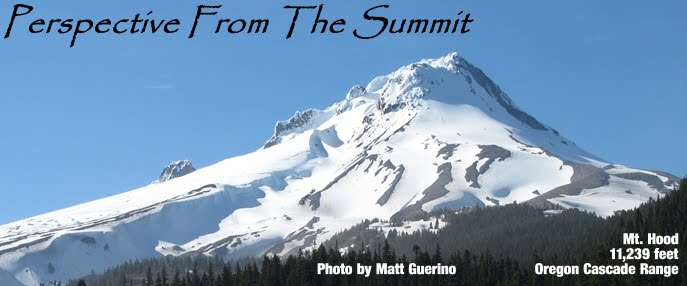 Some of you may know that I studied Physics for 2 years as an undergraduate at Cal, and once even entertained the notion that I would spend my life as a professional astrophysicist. Well I didn't get along too well with higher mathematics, so I eventually realized my calling in life was probably not to be a scientist!
Some of you may know that I studied Physics for 2 years as an undergraduate at Cal, and once even entertained the notion that I would spend my life as a professional astrophysicist. Well I didn't get along too well with higher mathematics, so I eventually realized my calling in life was probably not to be a scientist!
But while I'm hardly a science expert I do still have an interest in the sciences, and this interest came up again recently. I've been writing a series of brief articles which look at life from the perspective of a Biblical worldview. In wrapping that series up (links to the whole series can be found here) I found myself pondering the long-running tension between science and faith.
I've thought a fair bit about this tension over the years, and about the way science is understood by those who have made a career of it, as well as those who haven't. Questions such as:
- Do we have to rule out the idea of God in order to do science effectively?
- For a Christian, do the findings of science represent what the Bible calls "man's wisdom" (which, in the Bible, is bad) vs. "God's wisdom"?
- While it will probably always be a challenge to figure out how faith & science relate to one another, are they actually opposed to one another?
(Image above of the Eagle Nebula courtesy of NASA)



















